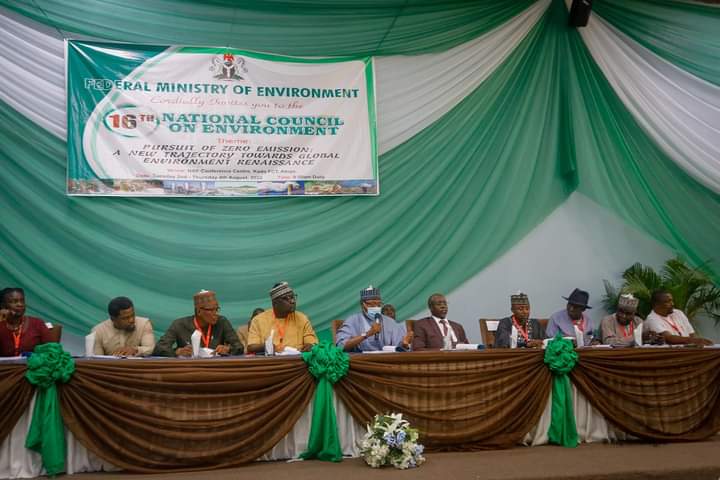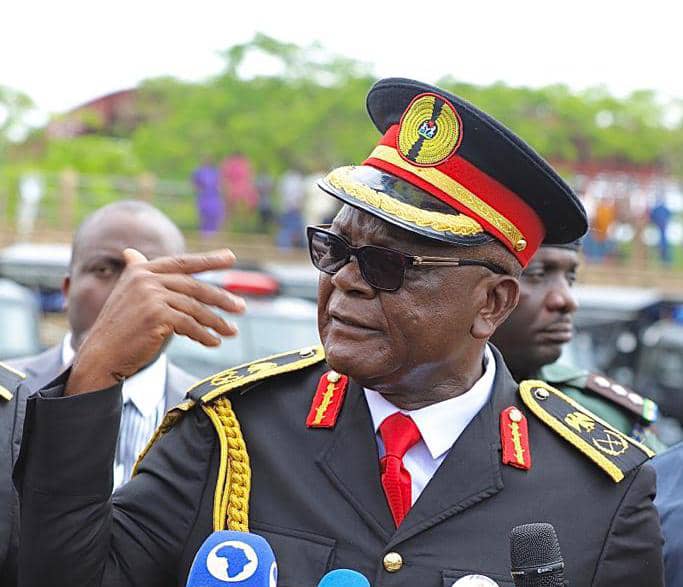Mohammed Abdullahi, minister of environment, says the ministry is set to amend the climate change act to address “humongous bureaucracy”.
He said this on Thursday at the 16th national council on environment, held in Abuja.
On July 29, TheCable reported that President Muhammadu Buhari appointed Salisu Dahiru as pioneer director-general of the Climate Change Council.
This led to commendations from civil society organisations (CSOs) that have been campaigning for the implementation of the act since it was signed in November 2021.
Advertisement
Abdullahi said although the director-general of the council has been appointed, implementation will commence after some fundamental issues in the act have been addressed.
“I am pleased to inform you that just last week, Mr. President appointed the pioneer director-general of the National Climate Change Council,” he said.
“However, as stakeholders, I need to draw your attention to some fundamental issues in the implementation of the Act.
Advertisement
“The Act provides for establishment of state and zonal directors, which tends to provide a humongous bureaucracy. Also, membership of the council also inadvertently takes out commissioners of environment as members of the Climate Change Council. The secretariat has no directorates to support functions of the director-general, no transitional provisions in relation to functions of the department of climate change and the Climate Change Council, etc.
“So, the ministry has initiated an amendment of the Act by setting up a technical review committee which has concluded its assignment providing next steps on the way forward.”
The minister said Nigeria has adopted measures to ensure sustainable management of the environment.
He listed some of them to include: Developing an energy transition plan; issuing of green bonds; accelerated implementation of the marine protected areas; and increase in national parks to deepen Nigeria’s efforts in biodiversity conservation.
Advertisement
He added that the country is on course with its net-zero plans by embarking on climate-positive investments, but that in order to be successful, “there is a need for urgent collective step-up action by everyone irrespective of social status, religion, political leaning”.
“Further, Nigeria has developed an energy transition plan (ETP) which shows a detailed roadmap for Nigeria to achieve both SDG 7 by 2030 and net zero by 2060. This roadmap highlights the scale of the effort required for a developing nation to achieve net zero including the scale of financing, renewables to be deployed and the importance of transition fuels,” he said.
“In December 2021, we launched the deep decarbonisation project with the support of the French Development Agency (AFD). This project is a national research and capacity development project for the implementation of a deep decarbonisation pathway programme for Nigeria.
“Nigeria has adopted a good number of measures to ensure that it sustainably manages its environment, and these include developmental policies on the environment, solid waste management, plastic waste management, biosafety policy, gender and climate change.”
Advertisement
Add a comment






